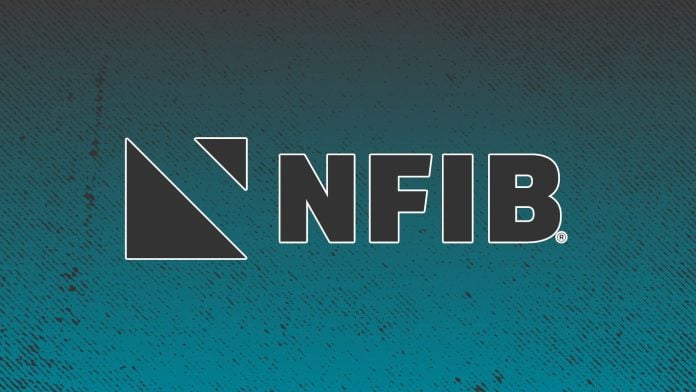In a stark reminder of the perils of fraud in the small business sector, a federal judge in Chicago recently sentenced Samuel W. Jackson to 18 months in prison for attempting to siphon nearly $2 million from COVID-19 relief programs. This case highlights both the significant benefits offered by programs like the Paycheck Protection Program (PPP) and the Economic Injury Disaster Loan (EIDL) initiative under the Coronavirus Aid, Relief, and Economic Security (CARES) Act, as well as the challenges small business owners face in ensuring compliance with federal guidelines.
Jackson, who pleaded guilty to charges of wire fraud and money laundering, exemplified how fraudulent activities can exploit financial assistance intended for legitimate businesses. His applications, made on behalf of businesses he controlled, contained false information about employee counts, payroll expenses, and operating costs. The scheme ultimately resulted in losses exceeding $1.9 million for both lenders and the U.S. Small Business Administration (SBA).
The ramifications of such fraudulent acts extend beyond the immediate legal consequences. "Defendant was the hub of a fraudulent scheme," remarked Assistant U.S. Attorneys Christopher K. Veatch and Branka Cimesa. They emphasized how Jackson took advantage of a program funded by taxpayer money, designed to support businesses during a crisis—a critical lifeline that many small businesses desperately needed during the pandemic.
For small business owners, this case serves as both a cautionary tale and a lesson on the importance of transparency and truthfulness in financial dealings. The PPP and EIDL programs have provided millions of businesses with necessary funds to maintain operations and retain employees. However, the fallout from fraud can lead to stricter regulations and oversight, ultimately affecting access for those who comply with the rules.
Moreover, the need for increased monitoring comes with its own set of challenges. Small business owners must navigate a complex regulatory environment and ensure their applications accurately reflect their financial situation. As the government intensifies its focus on fraudulent activities, legitimate businesses may face more scrutiny, leading to potential delays in receiving funds and a burdensome administrative process.
For Jackson, the fallout from his actions is significant: in addition to his prison sentence, he is required to pay approximately $1.9 million in restitution. The case underscores the importance of ethical practices in business operations. "Substantial assistance was provided by the SBA Office of Inspector General," noted U.S. Attorney Andrew S. Boutros, highlighting the collaborative efforts to combat fraud.
The lesson for small businesses is clear: while financial relief programs are designed to support, they also require vigilance and integrity. Small business owners should be proactive about understanding the requirements and implications of these federal programs. Maintaining accurate records and adhering strictly to guidelines can help protect businesses from inadvertent mistakes that may raise suspicion.
In light of Jackson’s sentencing, it’s essential for small business owners to educate themselves on the compliance requirements associated with federal assistance programs. Engaging with professional accountants or consultants who specialize in small business finance can help ensure that applications are accurate and complete.
As the landscape of federal assistance continues to evolve, staying informed is crucial. For those interested in following developments in oversight, signing up for updates from the SBA Office of Inspector General can be beneficial. Information on recent investigative cases and audit oversight reports can help business owners stay ahead of potential compliance pitfalls.
The stakes are high, and the responsibilities are greater than ever. By fostering a culture of integrity and accountability, small business owners can better position themselves to take full advantage of the resources available to them—without falling victim to the consequences of fraud.
For further reading on the legal proceedings and broader implications, visit the original U.S. Department of Justice press release or the upcoming updates from the SBA here.
Image Via BizSugar



